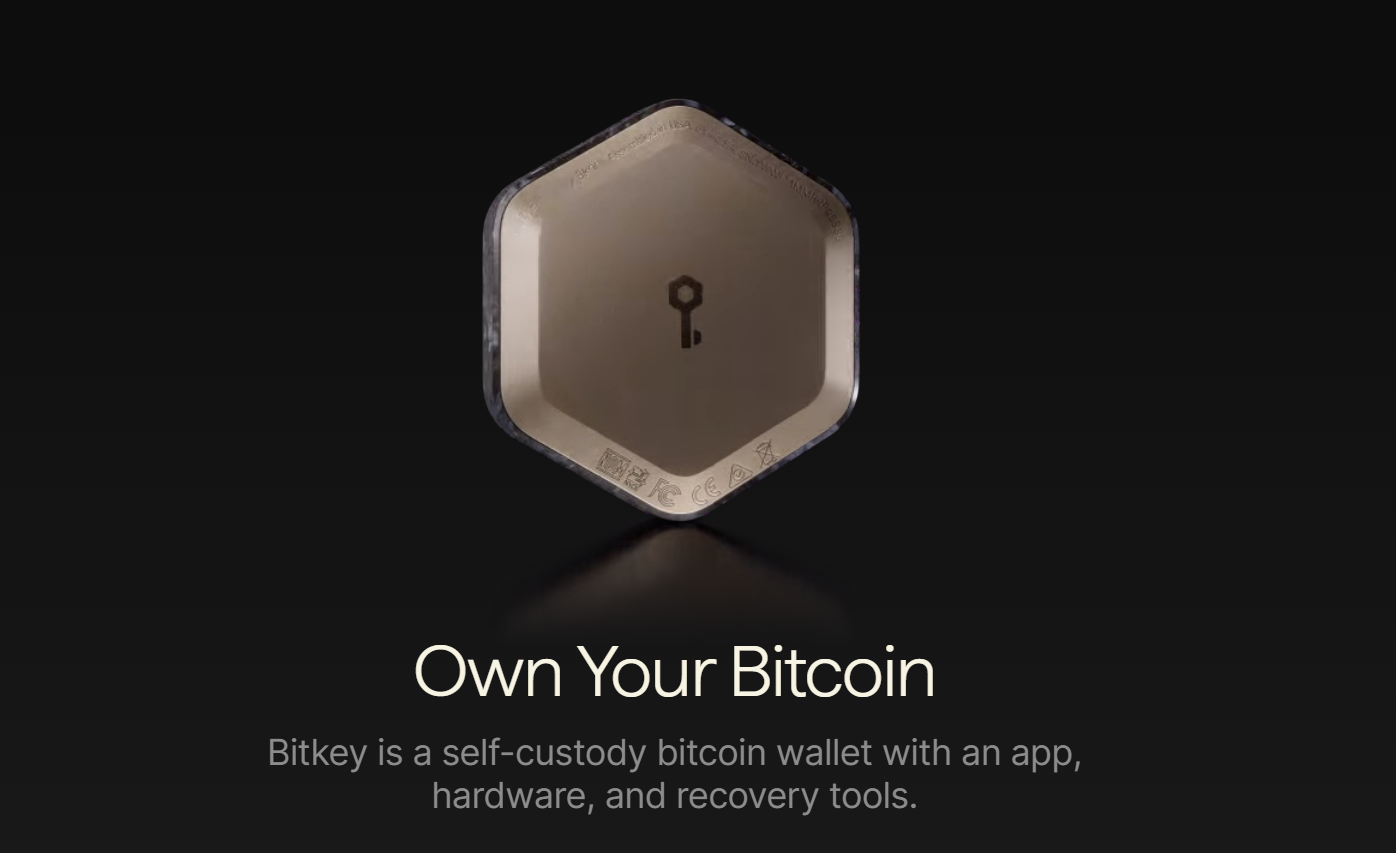Block Inc., founded by American programmer Jack Dorsey, has introduced a self-custody Bitcoin wallet called Bitkey.
With its novel self-custody bitcoin wallet, Bitkey, from Block, Inc., offers a distinctive method of managing bitcoins. In contrast to conventional wallets that depend on passwords or seed phrases, Bitkey’s recovery technique uses a unique 2-of-3 multi-signature system.
Block, Inc. (previously Square, Inc.) designed and developed Bitkey, a new Bitcoin (BTC) wallet that includes a hardware device, a mobile app, and a set of recovery tools. Bitkey’s design is non-custodial since it does away with the conventional reliance on seed phrases.
Read also: A quick and easy way to sell Bitcoin in Nigeria
What is Bitkey?
Bitkey is a personal crypto wallet that enables you to own and manage Bitcoin.
Accessing Bitcoin and having control has never been easier than with Block’s Bitkey. The self-custody solution consists of a mobile app, a hardware device, and a suite of recovery tools. If you misplace your phone or your hardware wallet, Bitkey provides recovery tools to prevent loss.
Operation of Bitkey
The wallet uses a 2-of-3 multi-signature technique instead, giving the user two keys: one is held in a separate hardware device for extra protection, while the other is embedded into the mobile app for regular transactions. Bitkey is in possession of the third key, which acts as a recovery method.
“People holding bitcoin on exchanges and custodial platforms today are often hesitant to move to self-custody wallets because they are nervous about making mistakes, especially with the historical requirement that you must safely guard 12 or 24-word long passwords called ‘seed phrases,’” Lindsey Grossman, the Business Lead for Bitkey said.
“People have often felt stuck: worried about the lack of control they might experience on a custodial platform or exchange, yet also anxious about the unforgiving product experiences that exist in other self-custody wallets historically available.”
“With Bitkey, we wanted to build a product that helps bring everyone to self-custody, combining robust security and recovery options with a simple customer experience that puts them in control of their money,” she added.
It’s not just Block and Bitkey who are abandoning the traditional seed phrase method. Recently, Binance launched a Web3 self-custody wallet that makes use of a shared key mechanism. Similar to this, well-known hardware wallet manufacturer Ledger has released a shared key shard recovery mechanism. Bitkey stresses that it cannot access the money without the other two keys, even though it keeps the third key for the cryptocurrency owner.
“A third key is on Bitkey’s server and is used for only two things: to help customers move bitcoin with just their phone for the transactions they choose to make on the go without their hardware device, and to help customers recover their wallet if they lose their phone or hardware – or even both,” Bitkey’s announcement details.
“Importantly, because Bitkey only has access to one, not two or three keys in this 2-of-3 multi-signature wallet, Bitkey cannot access or move a customer’s bitcoin without them.”




